Faith and Art

Religion and Ethics Newsweekly recently produced a news piece telling the story of artist Tobi Khan. Kahn is an artist creating spiritual art addressing end of life emotions, deep spiritual desires, and filling a longing for sacred space. He points to the Hebrew word “avodah” for his inspiration; the word meaning a single act bringing both work and worship together.
At NorthHaven Church, artist Don Schooler has empowered us to use art as a means by which to inspire and challenge our faith. For example, this past Sunday, as I preached about the scribes bringing a woman before Jesus who had been caught in adultery (John 8), we had individuals walk to the front of the church placing a piece of paper with a confession written on it into a glass container, then covering it with a rock. After each participant placed their rock inside the glass container, Don would pour another layer of colored sand over it demonstrating God’s grace is sufficient for all our sins. It was a beautiful moment in the service that enhanced the message greatly.
Spiritual art has always been an enlightening practice for me. Now, I cannot draw to save my life and my wife tells me I am the only person she has ever met that cannot paint a wall. In addition, I cannot play an instrument and my voice sounds as though I were singing from a deep hole in the ground. However, I choose art because of the practice of interpreting its meaning. The beauty of any good art allows me the ability to lose myself inside the piece, creating a narrative begging for interpretation. I love the stories created through interaction with art: stories that make me laugh, cry, and rage. They are stories that stir the soul.
Tobi Khan and Don Schooler are artists that bring the “avodah” to life for us. They bring the work of our faith journey into the sacredness of worshipping our Lord. This week, find a museum, find a church, find a park where art can take you on a sacred journey through a narrative waiting for your presence. That journey just might inspire you to do something great.
